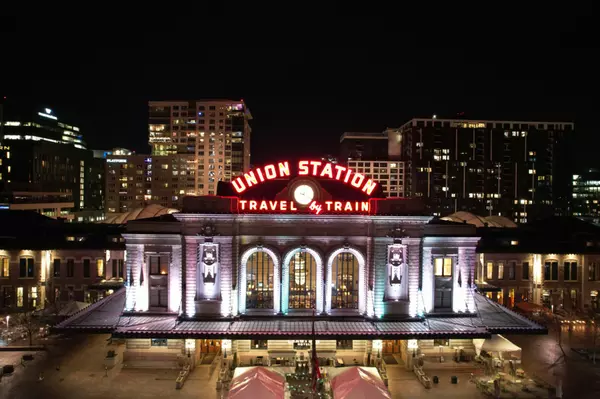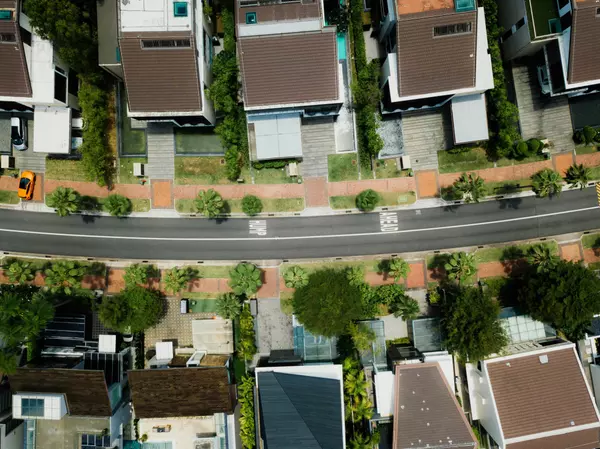What’s a good income to live comfortably in Denver
Denver, known for its stunning mountain views, vibrant arts scene, and outdoor recreational opportunities, has become a sought-after destination for many looking to relocate. However, as with any city, understanding the cost of living is crucial for potential buyers and renters. One of the most pressing questions prospective residents often ask is: what income do you need to live comfortably in Denver?
**Understanding Denver’s Cost of Living**
As of late 2023, Denver has seen a significant increase in its cost of living, primarily driven by a booming real estate market. The median home price in the city hovers around $600,000, which can be daunting for first-time homebuyers or those moving from areas with lower housing costs. Renters are also feeling the pinch, with average monthly rents for a one-bedroom apartment reaching approximately $2,000.
To gauge what constitutes a “comfortable” income in Denver, it’s essential to consider various factors such as housing costs, utilities, transportation, groceries, healthcare, and entertainment.
**Housing Costs**
Housing is typically the largest expense for most residents. To comfortably afford housing without exceeding 30% of your gross income—an often-cited benchmark—your annual salary should ideally be at least $80,000 if you plan to buy a home. For renters, an income of around $75,000 would allow you to cover rent while still having enough left over for other essentials.
**Utilities and Other Essentials**
In addition to housing costs, residents need to budget for utilities (electricity, water, internet), which can average around $200 per month. Transportation costs can vary widely depending on whether you own a car or rely on public transit; however, budgeting around $300 monthly for gas or public transport is reasonable.
Groceries can add another $400-$600 monthly depending on family size and dietary preferences. Healthcare costs should also be factored in—though they can vary based on insurance plans and personal health needs.
**Lifestyle Considerations**
Living comfortably isn’t just about covering basic expenses; it’s also about enjoying life in Denver. The city offers an array of activities—from hiking in the Rockies to attending concerts at Red Rocks Amphitheatre or exploring local breweries. Allocating funds for entertainment is vital; budgeting around $200-$300 per month allows residents to enjoy dining out or participating in local events.
For families with children or those planning to start one soon, education costs—whether private schooling or childcare—can significantly impact your budget. Researching school districts and associated costs is crucial when considering relocation.
**What Does This Mean for Buyers?**
For potential buyers looking at Denver’s real estate market, it’s essential to have a clear understanding of your financial situation before diving into homeownership. With rising mortgage rates and home prices continuing to climb, securing pre-approval from lenders will give you a better idea of what you can afford.
Many first-time buyers are turning toward suburban areas surrounding Denver where prices may be more manageable while still providing access to the city’s amenities. Areas like Aurora or Lakewood offer more affordable options without sacrificing lifestyle quality.
**The Rental Market Perspective**
If purchasing a home isn’t feasible at this time due to financial constraints or personal preferences (such as flexibility), renting remains a viable option. The rental market in Denver is competitive but offers diverse choices ranging from downtown lofts to suburban townhomes.
Prospective renters should consider their priorities—whether proximity to work or schools takes precedence—and explore different neighborhoods accordingly. Tools like online rental listings and local real estate agents can help streamline this process.
**Real Estate Trends and Future Outlook**
As we move further into 2024 and beyond, experts predict that while the demand for housing in Denver will remain strong due to its desirability as a place to live and work, price growth may start stabilizing as more inventory becomes available on the market.
For those considering moving to Denver now or in the near future, understanding these trends will help make informed decisions regarding both renting and buying options.
In conclusion, while a comfortable income level in Denver varies based on individual lifestyles and needs—generally falling between $75k-$100k—it’s important for prospective buyers and renters alike to thoroughly assess their financial situations and budget accordingly. By doing so, you’ll not only find a suitable living arrangement but also enjoy all that this vibrant city has to offer without financial strain.
Categories
Recent Posts











